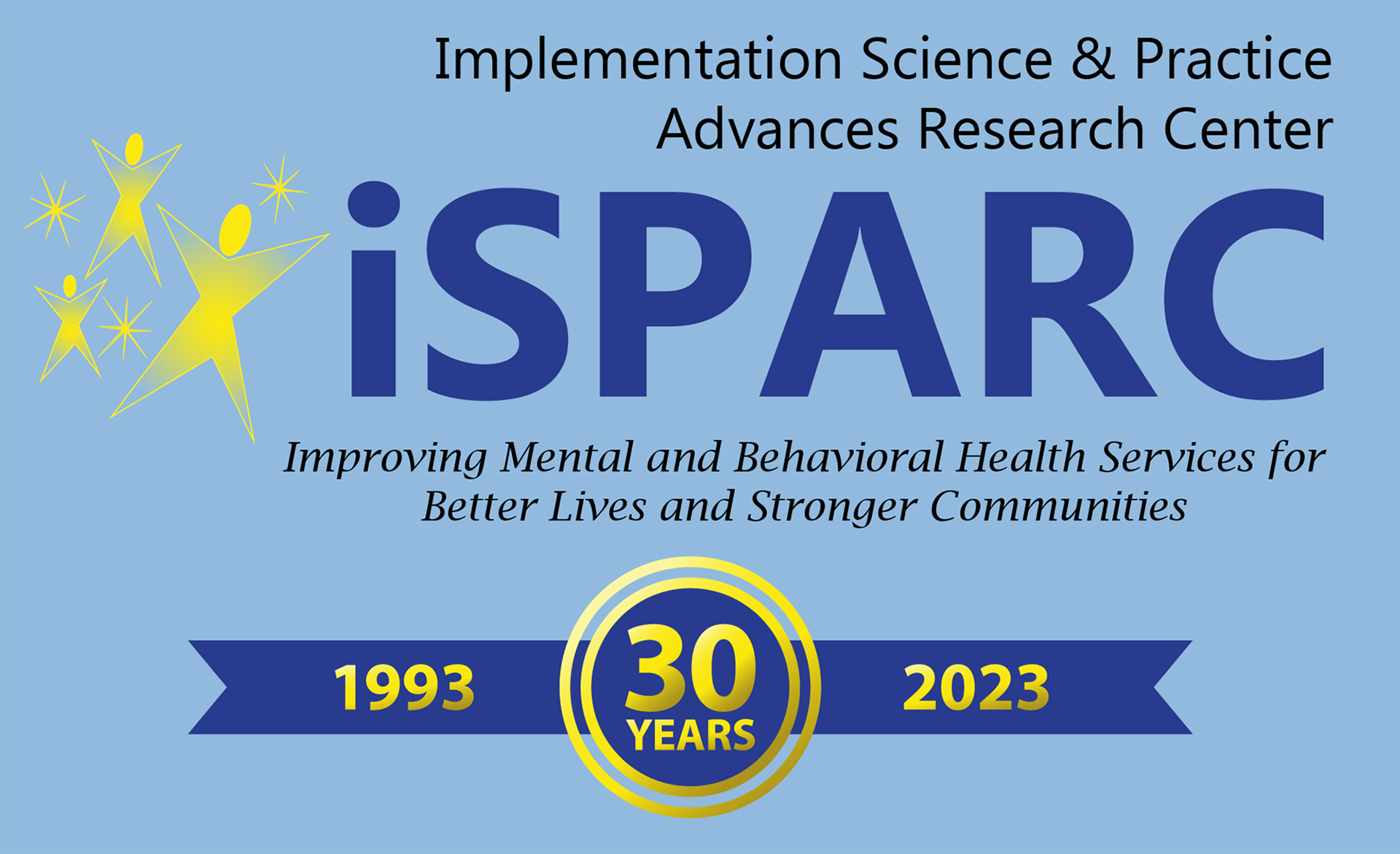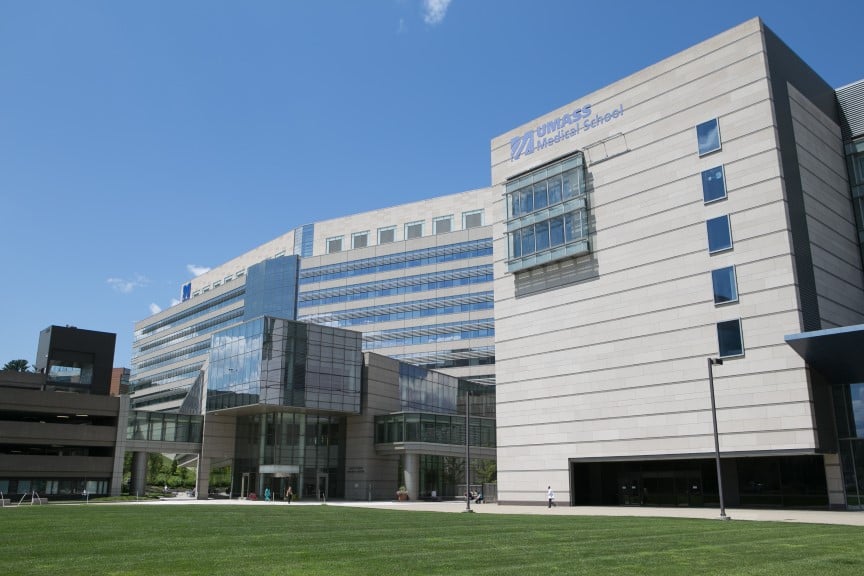Postdoctoral Fellowships in Mental Health Services Research
We are currently looking to fill two (2) two-year, full-time postdoctoral fellowships to support promising scholars, one in each of the following training tracks:
- 1. Clinical Investigation Track
- Training, mentorship, and clinical supervision in the provision of mental health services and conduct of clinical research within underserved populations. This track is designed to meet the requirements of licensure as a psychologist and health services provider.
- 2. Psychiatric Rehabilitation Research Track
- Training and mentorship in disability and rehabilitation research on the transition to employment in youth and young adults with serious mental health conditions.
Both positions will begin in September 2022 and continue through August 2024. Each fellow will be partnered with iSPARC faculty mentors to define their area of research focus, which should build upon existing Center research. Fellows will participate in ongoing research and grant submissions, will complete pilot projects, have opportunities for publications and presentations using new and existing datasets, and will prepare independent research grants. Current active research includes funding through NIDILRR, NIDA, NIMH, and other agencies.
Strong candidates for both tracks will have completed their doctoral training in the relevant applied social sciences (e.g., social work, sociology, clinical psychology, counseling psychology, secondary education, vocational counseling, etc.). Candidates must plan to pursue a career in research or clinical investigation, preferably at an academic or research institution, and should have some prior experience with conducting research.
Clinical Investigation Track
The Clinical Investigation track will involve 50% effort devoted to research activities.
Potential research mentors for the Clinical Investigation track include:
- Maryann Davis, PhD
- Gina Vincent, PhD,
- Nancy Byatt, DO, MS, MBA
- Stephenie Lemon, PhD
- Melissa Anderson, PhD
In addition to the 50% research efforts described above, the Clinical Investigation fellow will devote 50% effort to the provision of supervised clinical services. Clinical service will take place at the UMMMC Outpatient Psychiatry Department, supervised by Melissa L. Anderson, PhD, Clinical Psychologist. Clinical activities can include individual, couples, family, and group psychotherapy and may be conducted in the general outpatient clinic or one of our specialty clinics – Addiction and Comorbidity Treatment Services, Anger Management Program, Dialectical Behavior Therapy Program, etc.
Rehabilitation Research Track
The Rehabilitation Research track will involve 100% effort devoted to research activities.
Potential mentors for the Rehabilitation Research track include:
- Maryann Davis, PhD
- Marsha Ellison, PhD
This post-doctoral fellowship is funded by the National Institute on Disability, Independent Living, and Rehabilitation Research, (NIDILRR), United States Departments of Health and Human Services (NIDILRR grant number 90RTEM0005). Strong candidates for the Rehabilitation Researcher track will have research backgrounds in education, special education, psychiatric rehabilitation, vocational counseling, occupational therapy, psychology, sociology or other social sciences and a demonstrated interest in rehabilitation research.
Both fellows will also have access to faculty within the Population and Quantitative Health Sciences Department and other faculty mentors within the UMass system based on career aspirations of the fellow. These two positions will be part of a cohort of postdoctoral fellows across several areas including implementation science, general mental health services and intervention research, and women’s health and integrated care.
We strongly encourage candidates who increase the field’s depth in research that addresses the needs of underserved racial or ethnic groups. As an equal opportunity and affirmative action employer, the UMass Chan Medical School recognizes the power of a diverse community and encourages applications from individuals with varied experiences, perspectives, and backgrounds. Recent university-wide diversity initiatives are described here →


